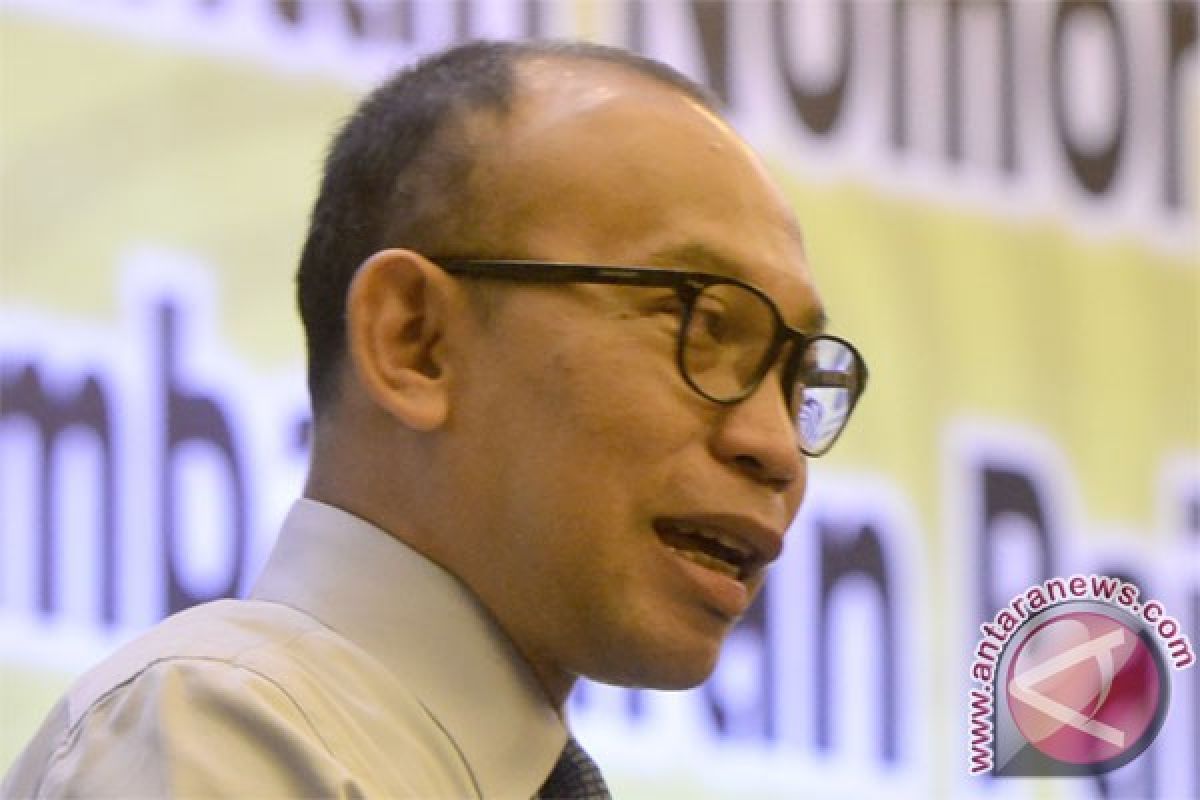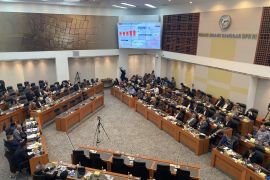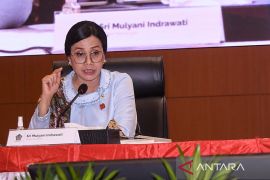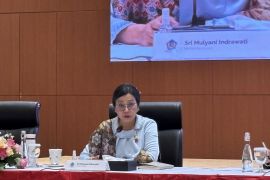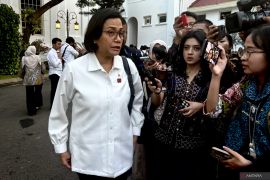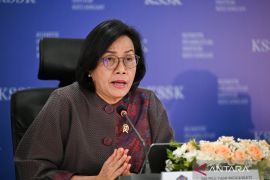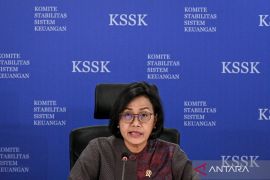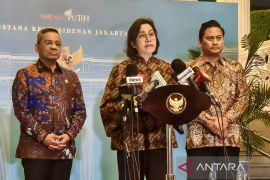The countrys economy expanded 5.78 percent in 2013 higher than many expected although falling short of the target.
The government spending was high with implementation of state budget in project development improving toward the end of 2013, Chatib said.
He said he hoped the improvement in the implementation of the state budget was followed with an increase in tax revenues as "that indicates the countrys economy is stable."
"An increase in expenditures should be followed with a proportional increase in tax revenues, otherwise the deficit would widen," he said.
He said the decline in the investment sector in 2013 indicated that the policy of Bank Indonesia raising its benchmark interest rate in a bid to reduce current account deficit, had been effective.
"Bank Indonesias policy has been designed so that investment would drop to reduce current account deficit," he said.
Indonesias economic development was supported by increases of 5.3 percent in exports, 5.28 percent in household consumption and 4.87 percent in government consumption.
The Central Statistics Agency (BPS) said the countrys exports performance improved thanks to effective government policy and a decline in exchange rate.
"Gross fixed capital formation declined on a decrease in imports of capital goods such as machines. This had its effect on investment," BPS chief Suryamin said.
Household consumption still the biggest driver of the countrys Gross Domestic Product (GDP) growth accounting for 55.82 percent with gross fixed capital formation accounting for 31.66 percent, exports for 23.74 percent, imports for 25.74 percent and government consumption 9.12 percent.
The countrys economic performance improved in 2013 thanks partly to global economy which showed signs of recovery although the growth rate of 5.78 percent still fell short of the target set in the state budget.
Editor: Suryanto
Copyright © ANTARA 2014
